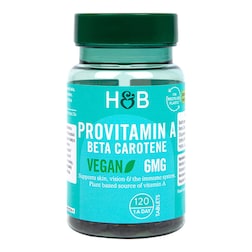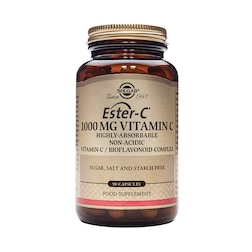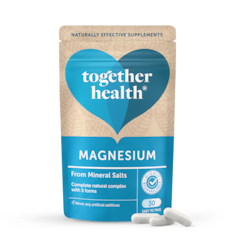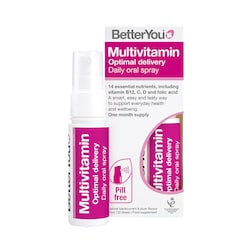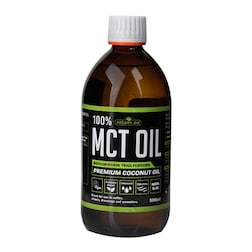15% off £25 OR 20% off £35
The best keto supplements – revealed

Our top picks
Soft gel for fast absorption
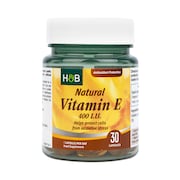
Holland & Barrett
Holland & Barrett Natural Vitamin E 400iu 30 Capsules
3 for 2 Mix & Match
£8.99
Contains vitamins B12 & B6
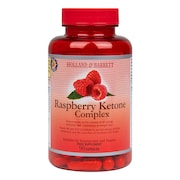
Holland & Barrett
Holland & Barrett Raspberry Ketone Complex 90 Capsules
3 for 2 Mix & Match
18+
£17.49
What type of supplements do people need on a keto diet?
Multivitamins & mineral supplements
Are there any supplements you should avoid on the keto diet?
It’s unlikely that a supplement can cause too much of a concern if you’re following a ketogenic diet.
However, most people do try to avoid supplements that contain added sugar (usually chewables or gummies) just to limit their carbohydrate intake, although the carbohydrate content is likely to be minimal.
Do you need to take extra fibre if you’re eating keto?
The keto diet and fibre supplements is an area that tends to attract a lot of questions, as fibre intake in a ketogenic diet may be more difficult to maintain compared to a diet that contains adequate carbohydrates.
In short, you don’t necessarily need extra fibre, but it is important to make sure you’re getting enough fibre from the food you’re consuming (aim for 25 to 30g a day).
Cruciferous vegetables, such as cauliflower and broccoli, leafy greens, avocado and nuts and seeds, like chia flax and walnuts, all contain good amounts of fibre, whilst being lower in net carbohydrates.
What else should people bear in mind if they want to follow a keto diet?
As we mentioned a bit further up, a ketogenic diet does cut out a variety of foods that are packed full of nutrients.
A balanced diet, i.e. is full of a range of fresh fruit and vegetables, wholegrains, lean protein and small amounts of healthy fats and dairy, is usually recommended for optimum health.
Keto-specific supplements
You may not realise this, but as well as the certain vitamin, nutrient and mineral-boosting supplements we touched on above, there’s also a whole range of supplements that have been specifically developed for keto dieters.
There are far too many of them for us to list them all, but here’s a few of them to give you a flavour of what we mean:
All clued up about keto supplements now? We hope you feel more in the know about the nutrients and minerals that you need to keep topped up, as well as the range of supplements that can help you achieve ketosis.
Looking for tips on following a keto diet if you're vegan or vegetarian? Have a look at our guide here for advice, meal plans and more.
What about keto snacks to give you energy throughout the day? Check out these 9 easy keto snacks you can enjoy at home or on the go.




